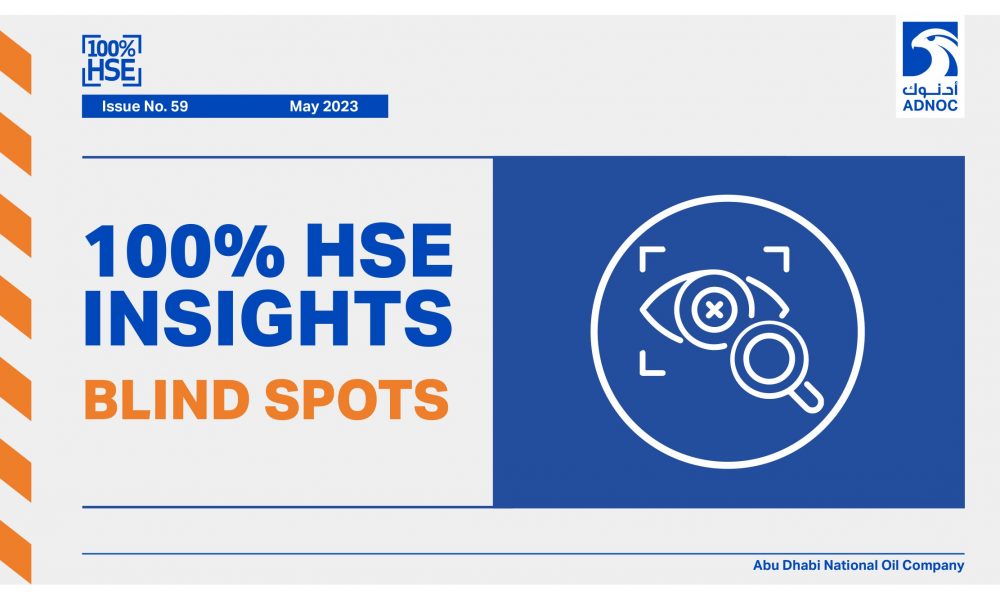Maintaining well integrity is paramount in oilfield operations, and Cementing Oilfield Services understands this crucial aspect. Through their implementation of advanced cementing techniques and technologies, they have successfully addressed the challenges associated with wellbore leakage. By employing precise cement placement and effective zonal isolation, they have mitigated the risk of fluid migration and upheld the integrity of the wellbore throughout the production cycle.
By prioritizing well integrity, Cementing Oilfield Services minimizes the potential for costly remedial work and contributes to safer and more sustainable operations. With their expertise, operators can rest assured that their wells are protected, reducing the risk of environmental contamination and ensuring the smooth and efficient production of hydrocarbons.




